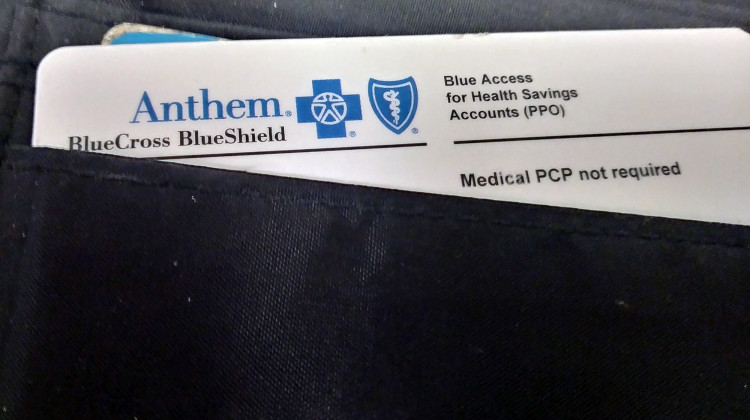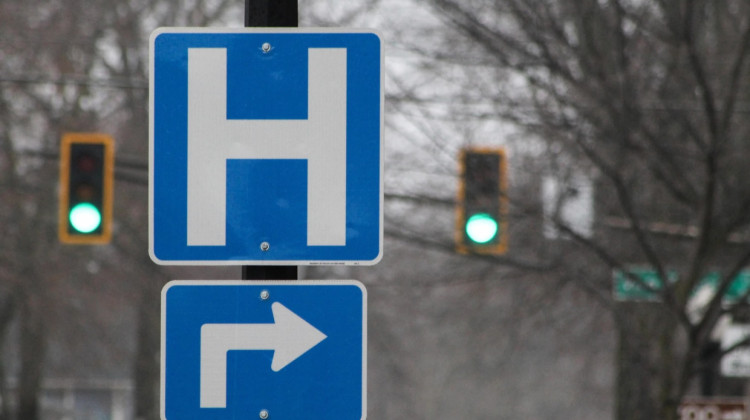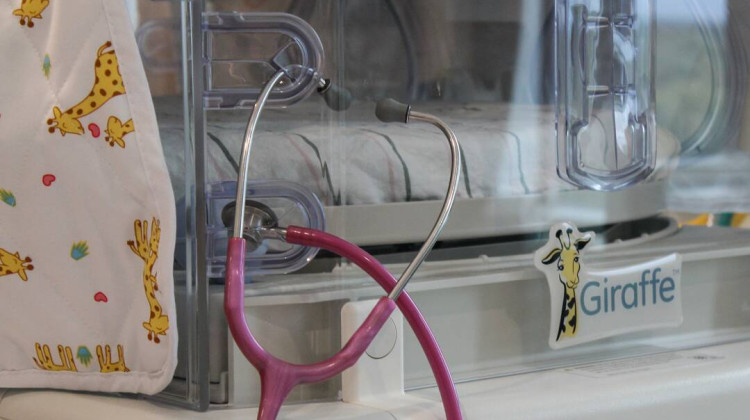
The number of uninsured Americans during the pandemic could have been worse, according to a recent study by the nonprofit Urban Institute.
Lauren Chapman/IPB NewsMore than 3 million Americans lost access to employer-sponsored health insurance during the summer months of the pandemic, according to a recent study by the nonprofit Urban Institute. But researchers say the numbers could have been much worse.
Anuj Gangopadhyaya is a health economist and research associate at Urban Institute’s Health Policy Center and one of the authors of the study. He says part of the reason it was lower – many lost jobs that were less likely to offer insurance, like hospitality and service jobs. Others found insurance elsewhere.
“One thing to keep in mind is, losing your employer-based coverage, that doesn’t necessarily have to translate into losing coverage altogether,” he said.
Gangopadhyaya says not everyone lost insurance right away, but instead found other forms of coverage, like the Affordable Care Act (ACA), other family members’ insurance or Medicaid, helping lower the number of uninsured.
He said the ACA, which has become a hot-button issue with the Supreme Court vacancy, helped many Americans become insured during the pandemic. According to the study, it lowered the likelihood of adults being uninsured by 35 percent. Gangopadhyaya said if the ACA is repealed, the link between employment and insurance coverage would be strengthened.
"Which is a rough thing to wrap your head around when you’re in the middle, not only of a recession, but a pandemic on top of that," Gangopadhyaya said.
The study also found nearly 1.6 million Hispanic (including Latino) adults had lost employer-sponsored insurance, with nearly 800,000 non-Hispanic, Asian-American adults in second. Gangopadhyaya says this is important to note because the Hispanic/Latino population is one of the groups most vulnerable to COVID-19.
Around the time of the study, before the summer of 2020, more than 500,000 Hoosiers were unemployed, and enrollment in Medicaid programs grew by about 62,000.
Contact reporter Bárbara at banguiano@lakeshorepublicmedia or follow her on Twitter at @radiospice219.
 DONATE
DONATE






 Support WFYI. We can't do it without you.
Support WFYI. We can't do it without you.